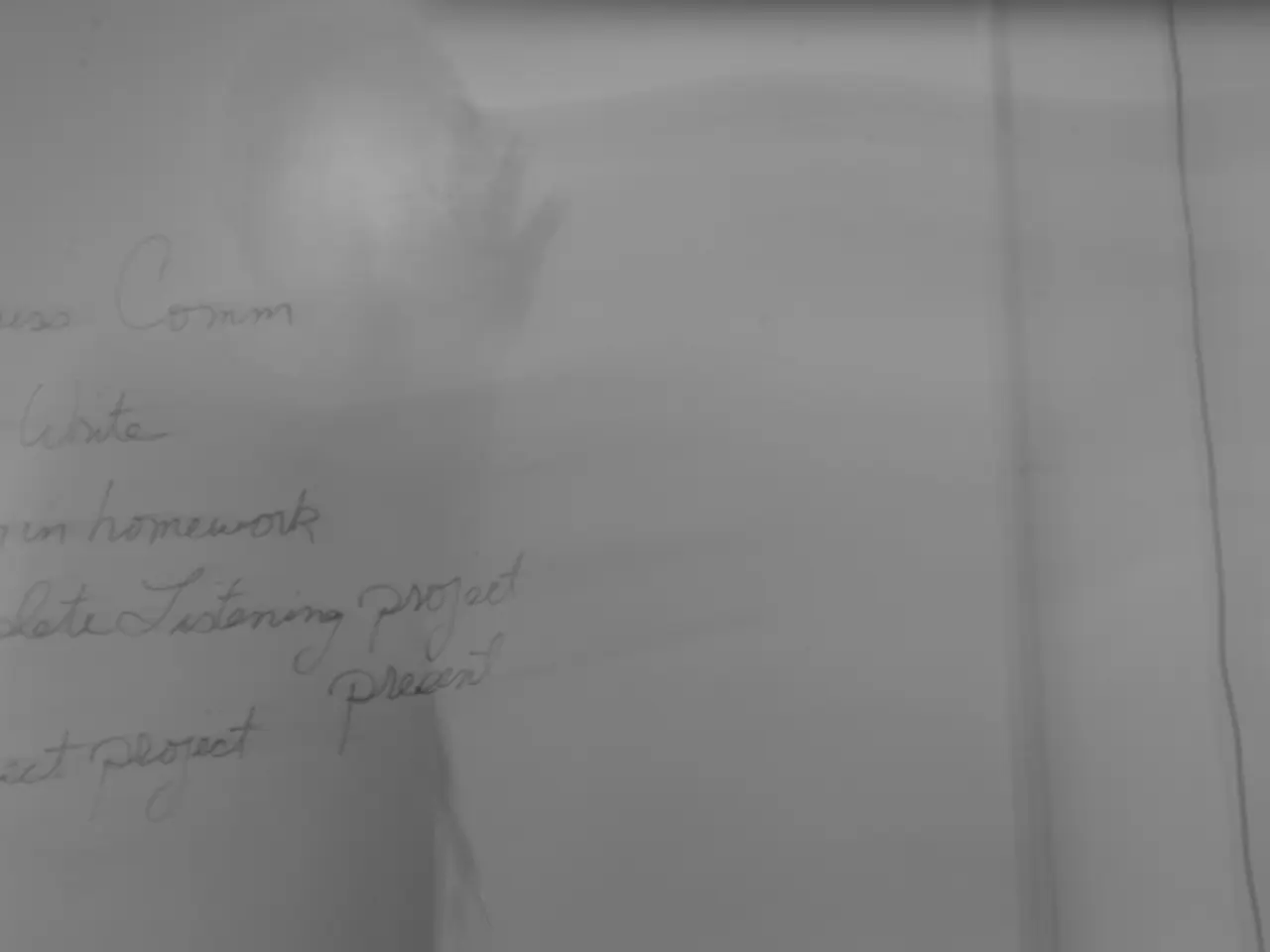Gargantuan Initiative Targeted at Unmasking Flawed Medical Studies with a Price Tag of $1 Million
In a bid to safeguard public health and combat the rising issue of flawed or faked medical research, the Center for Scientific Integrity has unveiled a new initiative called the Medical Evidence Project. The nonprofit organisation, known for its blog Retraction Watch, which tracks retractions in scientific literature, aims to identify and address problematic medical research before it can cause harm[1].
The project operates on two main levels. A whistleblower tip line allows researchers or others to report suspicious or questionable medical studies to the project. Additionally, the team is building advanced tools to vet and scrutinise medical research for integrity issues[1].
The project, led by Boston-based research scientist James Heathers, is funded by a two-year $900,000 grant from Open Philanthropy[1]. The initiative's motivation stems from the slow, difficult process of discovering bad medical research, which, if used in health recommendations, can cause widespread harm. The project prioritises investigations based on the potential harm of the flawed evidence if left uncorrected[1].
Recent findings suggest that the digital ecosystem is being flooded with AI-generated junk science, appearing in conference proceedings, peer-reviewed journals, and other less-rigorous work. A study found that two-thirds of sampled papers retrieved through Google Scholar contained signs of GPT-generated text, including in mainstream scientific outlets[2].
One such example is a European guideline from 2009 that recommended the use of beta-blockers during non-cardiac surgery, based on turn-of-the-millennium research that was later called into question[3]. Once these questionable research findings get pulled into meta-analyses or cited by clinicians, it's hard to untangle the consequences[3].
The Medical Evidence Project aims to combat this issue by proactively identifying problematic research through community tips and advanced vetting technology. The team led by James Heathers is building software tools and chasing down leads from anonymous whistleblowers to identify at least 10 flawed meta-analyses a year[1].
The project will use forensic metascience tools to identify issues in scientific articles and aims to ensure that people hear about the identified flawed or faked medical research[1]. The project's findings will be reported via Retraction Watch, the foremost site for scientific watchdogging[1]. The Medical Evidence Project is a two-year effort to identify flawed or faked medical science research[1].
The need for this project is underscored by the potential harm that flawed research can cause. An independent review suggested that a controversial guidance may have contributed to 10,000 deaths per year in the UK[4]. As we enter the era of digital fossils, where AI models are beginning to preserve and propagate nonsense phrases as if they were real scientific terms, initiatives like the Medical Evidence Project are crucial in maintaining the integrity of scientific research and ensuring public health[5].
References: [1] https://www.sciencemag.org/news/2022/07/center-scientific-integrity-launches-project-combat-flawed-or-faked-medical-research [2] https://www.nature.com/articles/d41586-022-01888-0 [3] https://www.sciencedirect.com/science/article/pii/S221317822200208X [4] https://www.theguardian.com/society/2022/jul/22/controversial-guidelines-on-cancer-drugs-linked-to-10000-deaths-a-year-in-uk [5] https://www.nature.com/articles/d41586-022-01918-5
- The Medical Evidence Project, led by James Heathers, is powered by a two-year grant from Open Philanthropy, aiming to combat the rising issue of flawed or faked medical research that can potentially cause widespread harm, especially in the digital era where AI-generated junk science is increasingly prevalent in scientific literature.
- The initiative, which operates through a whistleblower tip line and advanced technology tools, aims to proactively identify at least 10 flawed meta-analyses a year, ensuring transparency and integrity in medical science research while avoiding the consequences of untangling manipulated data once it's been integrated into health recommendations.
- In the advent of the digital fossils era, where AI models may preserve and propagate nonsensical phrases as real scientific terms, the need for projects like the Medical Evidence Project is paramount in maintaining the trustworthiness of scientific research and protecting public health.



